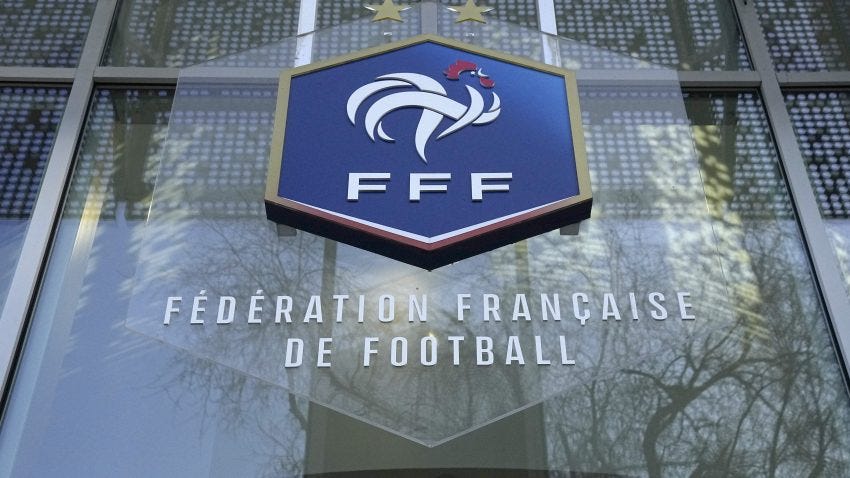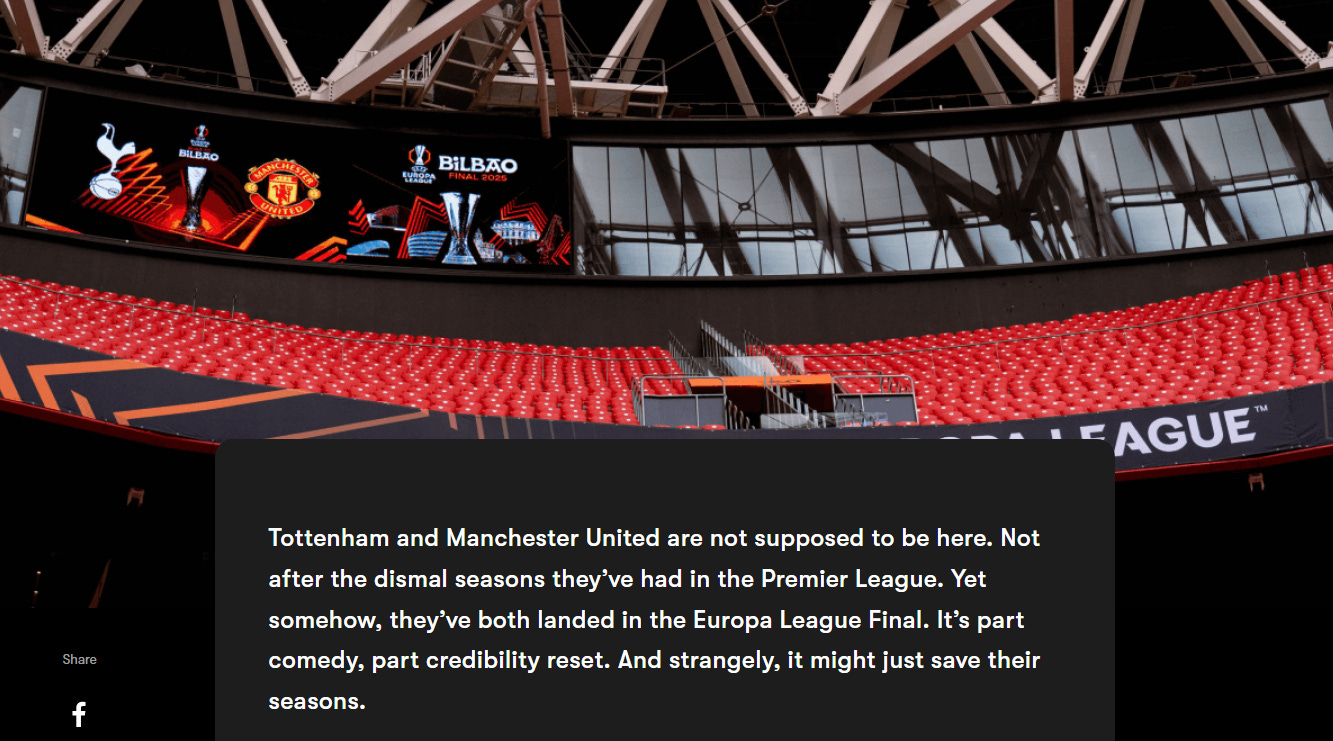France’s Football Reset: Inside the Bold Plan to Reinvent Ligue 1
Inspired by the Premier League’s success, French football is tearing up its own rulebook. Here’s what the proposed club-owned model means and why it matters.
French football has never lacked talent or drama. From Zidane to Henry and Mbappé, Ligue 1 has always produced world-class players. But when it comes to the business of football, the money, the power, the structure, it’s long been a fragmented, bureaucratic mess. Now, that could be about to change in a big way.
In a significant announcement earlier this May, Philippe Diallo, president of the French Football Federation (FFF), laid out plans to completely overhaul the governance of French professional football.
The headline move? Dismantling the current league structure and replacing it with a new club-owned organisation, one directly inspired by the model used in England’s Premier League.
This isn’t just a bureaucratic reshuffle. It’s a bold attempt to fix a system that many inside French football believe is broken beyond repair.
To understand the shake-up, you need to understand the problem. French football governance is currently split across multiple layers: the FFF at the top, the Ligue de Football Professionnel (LFP) in charge of Ligue 1 and Ligue 2, and LFP Media handling commercial rights.
This setup has led to overlapping responsibilities, slow decision-making, and weak commercial leadership at a time when European football is evolving fast. Diallo described it bluntly: “With the creation of LFP Media, the LFP has become almost an empty shell.”
It’s a structure that lacks both agility and accountability. And crucially, it’s failed to solve Ligue 1’s most urgent problem—revenue.
France’s domestic TV rights market has been in freefall. Since the Mediapro debacle in 2020, when a €1.15 billion-per-year, four-year deal collapsed after 4 months, Ligue 1 has struggled to land a broadcast deal that reflects its sporting value. Even the more recent deal with DAZN was cancelled after one season. Current rights sit at around €624 million per season, far below La Liga, the Bundesliga, and miles off the Premier League’s £10bn-plus global ecosystem.
That underperformance has created a knock-on effect for clubs, especially those without Champions League money. With uncertain TV revenue, French clubs are more dependent on player sales than ever, essentially subsidising European rivals. It’s a model that’s unsustainable in the long term.
So, the logic behind a Premier League-style reboot is clear: put control in the hands of clubs, streamline the decision-making, and allow commercial executives to drive revenue with more autonomy and accountability.
Follow me for more football, life, and other sports updates: Instagram
Under the FFF’s proposal, the new entity would be a jointly owned company, with clubs, the FFF, and CVC Capital Partners (CVC owns a 13% of LFP Media) all holding stakes. The FFF would maintain veto power over structural decisions (such as promotion/relegation formats), but the day-to-day operations, including media rights sales, sponsorship, and scheduling, would be run by a leaner, corporate-style board.
In other words, football people would run football, and business people would run business.
Here’s where it gets tricky. France isn’t England. Club ownership is more politically charged, with many teams receiving public subsidies or support from local governments. The idea of a fully privatised, club-led model runs counter to some of the traditional French sporting values.
That’s why the FFF insists on keeping a stronger governance role than the English FA has in the Premier League. Diallo’s pitch is for “a more efficient and transparent framework, with a renewed role for the federation.” Critics might read that as a way to preserve control, but others see it as necessary oversight in a system that has sometimes prioritised short-term ambition over long-term planning.
Legal changes will be needed to enable the transition, and resistance is likely, especially from clubs with less influence or resources, who may fear being sidelined. But support from key political voices suggests the plan has momentum.
Timing matters. France has just come off hosting the 2024 Olympic Games, a moment of national pride that also shone a light on Ligue 1’s structural stagnation. While the Olympics showcased France’s capacity to deliver a world-class sporting spectacle, Ligue 1 was left looking outdated and commercially underpowered by comparison.
Meanwhile, the global football economy is moving fast. Disrupter leagues are spending heavily, and although the Super League concept may have stalled, the power dynamics in European football are far from settled.
If French football doesn’t act now, it risks sliding behind, not just financially, but in global relevance. Ligue 1 has long been viewed as a talent exporter, not a destination. That image won’t change unless the league becomes commercially competitive and structurally modern.
If the plan succeeds and is in place by the 2026/27 season, Ligue 1 could look very different in five years.
Expect more aggressive media deals, better digital strategy, and stronger overseas marketing. French clubs could begin to retain their stars longer. Domestic brands might finally see Ligue 1 as a viable investment vehicle, not just a stepping-stone.
But the change also raises questions: Will wealth concentrate among a few elite clubs? Will it become harder for smaller teams to compete? And will fans buy into a model that looks more corporate than community-based?
Ultimately, this is a gamble. But it's one that suggests France is finally treating football not just as a cultural institution, but as a global business with global competition.
Thanks for reading, David Skilling.
Check Out My Latest Article on FotMob
Tottenham vs Man United: Two Failed Seasons, One Shot at Redemption - FotMob
Here’s an excerpt
“Over the decades, United have traditionally had the edge. Spurs have pulled off big wins in recent years, but have rarely carried it through a full season. At the moment, on their day, either side can blow the other away. But that’s the problem. You don’t know which version of either club will turn up.
That’s what makes this final so hard to call. Spurs have looked more cohesive in this competition. United have looked more explosive. But neither team has been consistent. This match might not come down to talent, it might come down to nerve.”
Read the full article HERE.
If you hit the like button, you’ll be doing me a huge favour, and if your business needs sports writing, wants to discuss advertising, or you have PR stories to pitch, feel free to get in contact.
If you know someone who will enjoy this article, please share it with them.





